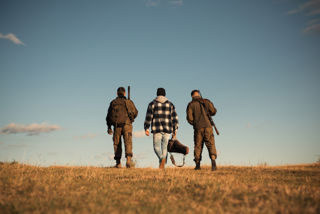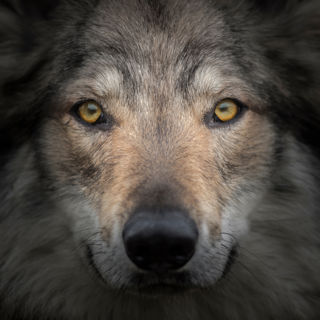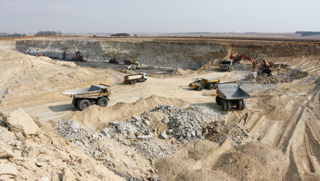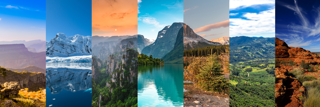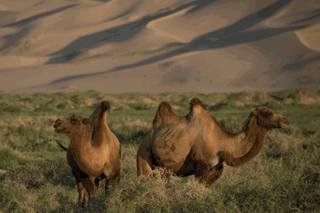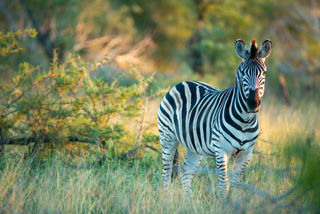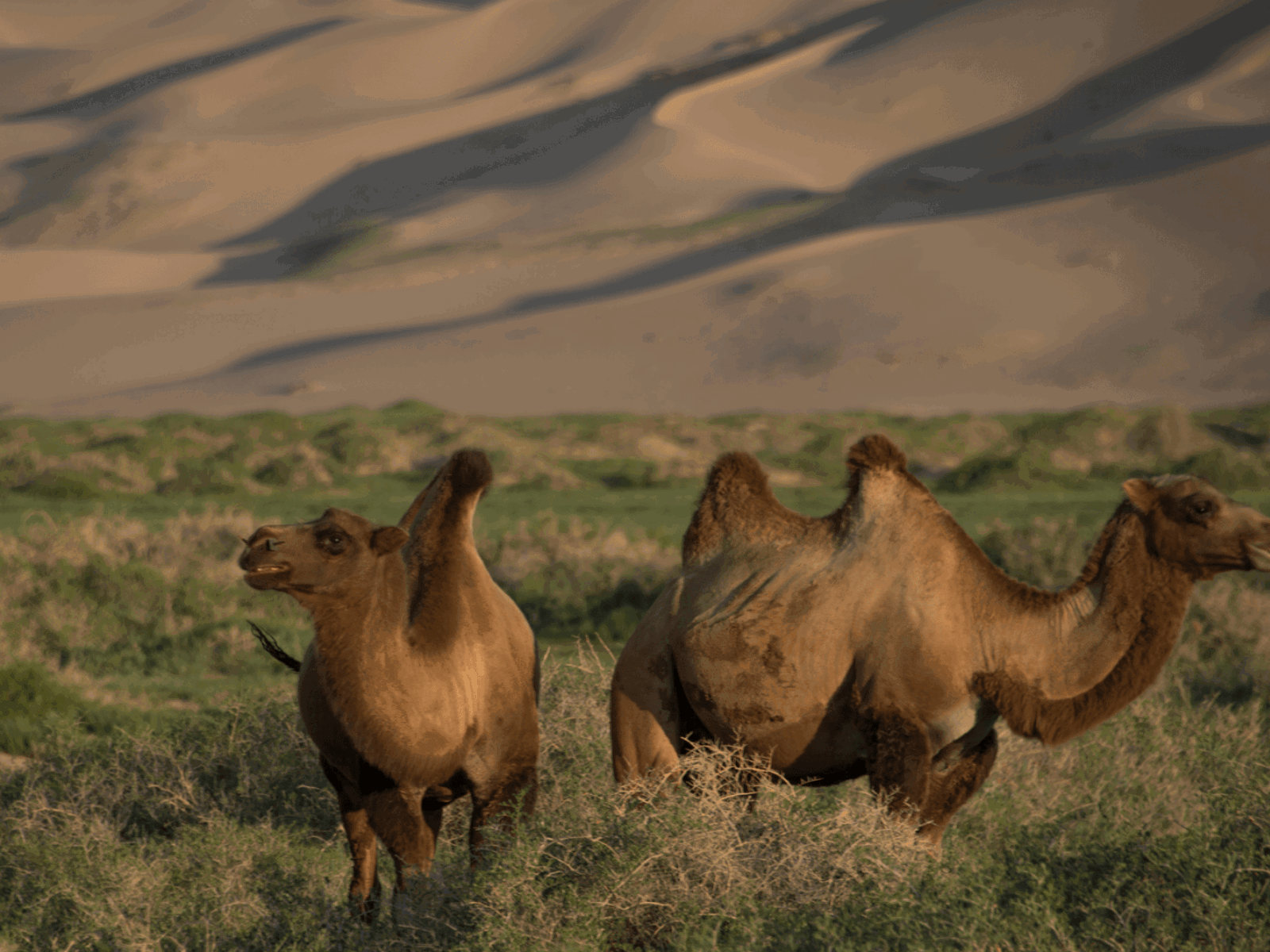

Wild Camel
The 8th most endangered mammal on the planet

Wild camels are amazing. Despite their reputation for being bad-tempered and spitting, they are actually very smart and interesting, and among the hardiest animals in the world. Incredibly, they even survived nuclear explosions. Our former partners, the Wild Camel Protection Foundation, built their sanctuary and breeding centre on the former site of 43 nuclear test explosions in the Gobi Desert, where wild camels still survived (don’t worry, the tests stopped after 1996). These camels could withstand extreme temperatures, drink salt water, and survive for long periods without water.
This extraordinary animal is of vital importance to scientific research but is smarter than a horse, is emotional and has the memory of an elephant. Or a camel even. Now critically endangered, with population numbers continuing to fall and habitat ranges to shrink, not many people are standing in the camel’s corner.
That is why WildLife Foundation wants to act fast to prevent the loss of the last of the remarkable Wild camels.
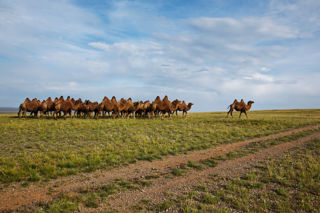
Working with Wild Camels
WildLife Foundation worked with the Wild Camel Protection Foundation to protect Wild camels.
Conservation:
WildLife Foundation provided funding towards a major conservation project through which 6 Wild camels were transferred from a breeding centre back to the wild, in order to provide fresh blood for existing herds, a vital exercise to boost struggling wild populations.
Education:
Thanks to WildLife Foundation funding for a three-year project, Wild Camel Protection Foundation has set up environmental education programmes for communities local to their breeding centre, through schools and a dedicated education centre. Getting the support of local communities, so that they want to help protect their camelid neighbours, is crucial to the survival of Wild camels.
Threats
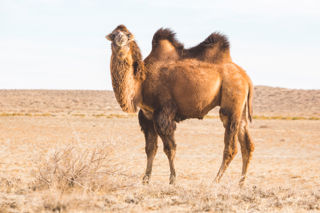
Facts
- It is thought that these Wild camels are actually a completely different species to the domesticated Bactrian Camel that are widely seen in zoos and live at Yorkshire Wildlife Park.
- They’re the only land mammals capable of drinking salt water with no ill effects and can go for weeks on end with no water at all. A very thirsty camel can drink 30 gallons of water in only 13 minutes.
Seven Worlds, One Planet
Our work with Amur leopards has taken place in Russia, and at home at Yorkshire Wildlife Park.
Donate Today
We can’t do what we do without you. Donate to WildLife Foundation today!
Your donations – however big or small – make a HUGE difference to animals around the world that really need our help.
Text / SMS donations:
To donate £1, text 2HUMPS to 70201
To donate £3, text 2HUMPS to 70331
To donate £5, text 2HUMPS to 70970
To donate £10, text 2HUMPS to 70191
Keep up to date with WildLife Foundation
Sign up to keep up to date with us. Find out how you can help through fundraising, events, and more. You can unsubscribe at any time.


Stay up to date with WildLife Foundation
WildLife Foundation: charity number 1152642

